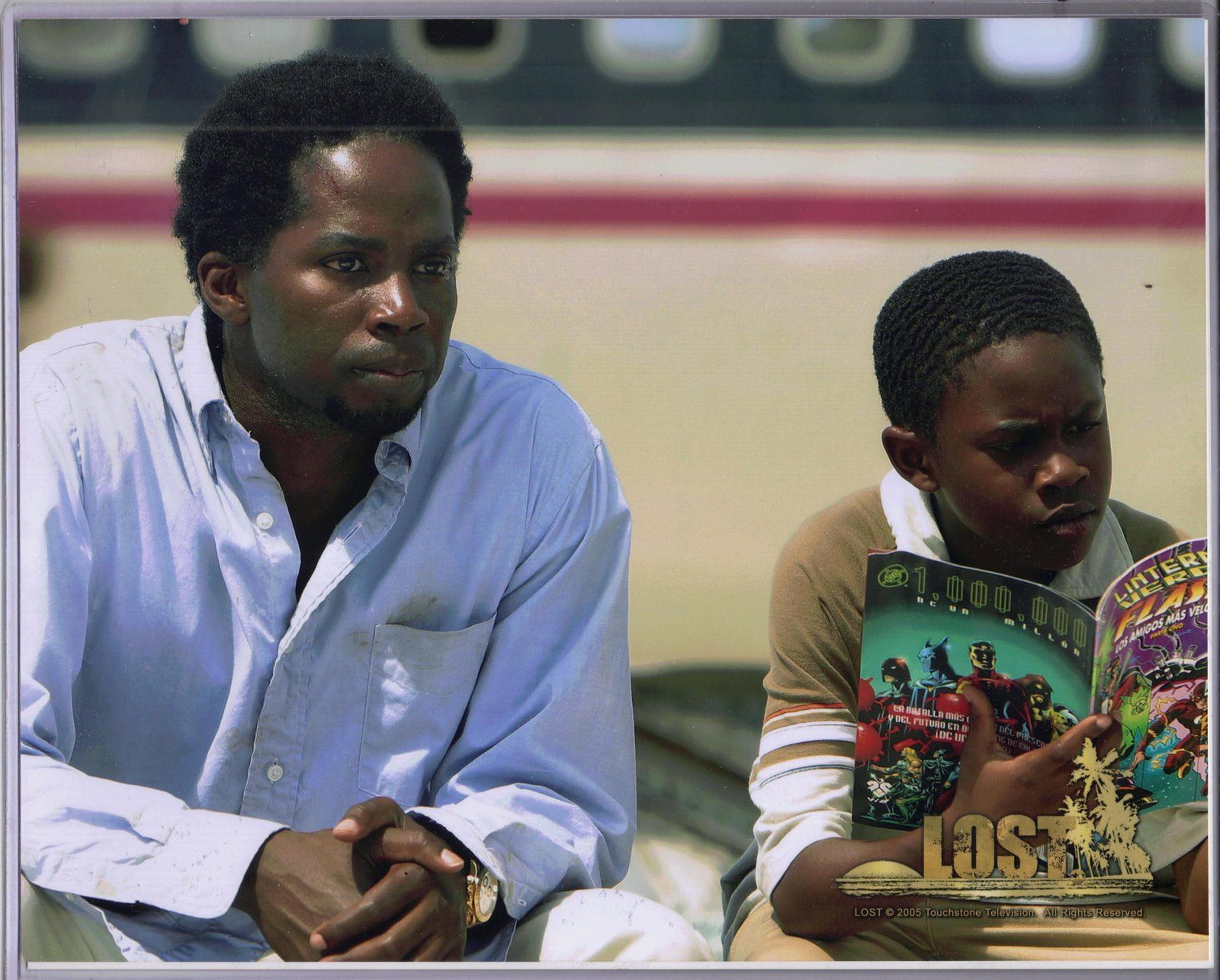Malcolm X - A Powerful Voice For Change
Malcolm X - born Malcolm Little - emerged as a very prominent voice in American history, someone whose message of justice and empowerment continues to stir conversations. His journey from a childhood marked by struggle to a position of powerful influence is, you know, a story that really captures attention. He was a minister, a civil rights activist, and a significant leader for black nationalism, advocating for his community in ways that challenged the status quo.
Born on May 19, 1925, in Omaha, Nebraska, Malcolm's early life was, well, quite tough. He experienced intense racism and spent some years in the foster system, eventually serving a sentence that, in a way, became a turning point. His mother, too, was the national recording secretary for the Marcus Garvey movement, a background that perhaps subtly shaped his early awareness of racial identity and collective action.
His time as a spokesperson for the Nation of Islam during the 1950s and 1960s cemented his place as a figure who spoke truth to power. Malcolm X's commanding speaking style and his unwavering commitment to black empowerment left a lasting mark, and his lasting impact, you know, goes far beyond just overcoming personal difficulty.
Table of Contents
- A Life Shaped by Early Hardship
- Becoming a Spokesperson for a Movement
- What Was His Role in the Nation of Islam?
- A Legacy That Still Resonates
- How Did He Advocate for His Community?
- Understanding His Oratory Impact
- Why Is His Story Still Studied Today?
- Exploring the Columbia University Project
A Life Shaped by Early Hardship
Malcolm X, originally known as Malcolm Little, entered the world on May 19, 1925, in the city of Omaha, Nebraska. His early years were, quite frankly, filled with considerable difficulty. He faced, you know, truly harsh treatment due to his racial identity, a kind of bigotry that can shape a person's entire outlook on the world. It’s a very heavy burden for anyone, let alone a young person just starting out.
For a portion of his youth, he found himself within the foster care arrangement, a system that, while providing a place to stay, often brings its own set of challenges and feelings of displacement. This period, it’s fair to say, was a time of instability and constant adjustment for the young Malcolm. He was, in some respects, moving from one temporary situation to another, which tends to be quite unsettling for anyone trying to find their footing.
Later on, as a young man, he spent time in confinement. This period of his life, while certainly a low point, actually became a significant turning point for him. It was during this time, many believe, that his perspective began to shift, leading him to a path of deep reflection and, eventually, a new direction for his life. It’s almost as if this difficult experience allowed him to reconsider his choices and, you know, think about what he wanted to do next.
From Malcolm Little to a Formative Past
The environment Malcolm grew up in, especially with his mother serving as the national recording secretary for the Marcus Garvey movement, a group that drew in millions of people, likely provided him with an early awareness of collective action and racial pride. This familial connection, in a way, planted seeds of thought about identity and community within him from a very young age. It suggests, too, that ideas of self-determination and group strength were probably discussed around him as he was growing up, shaping his initial thoughts.
His time in Boston, where he returned for a while, involved some activities that led him into trouble. He engaged in a string of thefts with a black friend, Malcolm Jarvis, and three white women, one of whom he was dating. This period, you know, highlights a time of youthful indiscretion and involvement in illicit acts, a stark contrast to the later, more disciplined life he would embrace. It’s a part of his story that shows the different paths he walked before finding his true calling, giving us a fuller picture of his personal journey.
Becoming a Spokesperson for a Movement
Malcolm X became a truly significant voice for the Nation of Islam during the 1950s and 1960s. He wasn't just a member; he was the primary individual speaking for the organization, a role that brought him considerable attention and influence. His words, you know, reached countless people, shaping opinions and stirring discussions across the nation. He was, for all intents and purposes, the public face and sound of the movement, communicating its messages far and wide.
In this capacity, he functioned as a minister, guiding spiritual matters, and also as a civil rights campaigner, working for fairness and equal treatment for his community. He was a leading figure for black nationalism, a philosophy that stressed self-reliance and unity among people of African descent. His ability to articulate these ideas with clarity and passion made him, very much, a figure to be reckoned with in the public square.
His role involved not just delivering speeches but also engaging in public discussions and debates, where he presented the views of the Nation of Islam with conviction. He had a way of speaking that was both direct and compelling, captivating listeners and making them really consider his points. It’s clear that his presence was, in a way, magnetic, drawing people in and making them listen intently to what he had to say.
A Voice for Black Nationalism
Malcolm X's commitment to black nationalism meant he championed the idea that black people should control their own communities and destinies. He believed in fostering a strong sense of identity and self-worth, encouraging his fellow black Americans to take pride in their heritage and collective strength. This message, too, resonated deeply with many who felt marginalized and overlooked by the broader society. He was, you know, offering a different path, one that centered on empowerment from within.
He articulated a vision where black people would stand together, supporting each other and building their own institutions. This outlook, in some respects, was seen as a departure from some other approaches to civil rights at the time, which focused more on integration. Malcolm's emphasis was often on separation and self-sufficiency, believing that true liberation would come from within the black community itself. He was, basically, calling for a fundamental shift in how people thought about their place in society.
What Was His Role in the Nation of Islam?
Within the Nation of Islam, Malcolm X served as a key spokesman during a significant period of its growth, from the 195

Malcolm David Kelley | ScreenRant

Pictures of Malcolm David Kelley

Pictures of Malcolm David Kelley